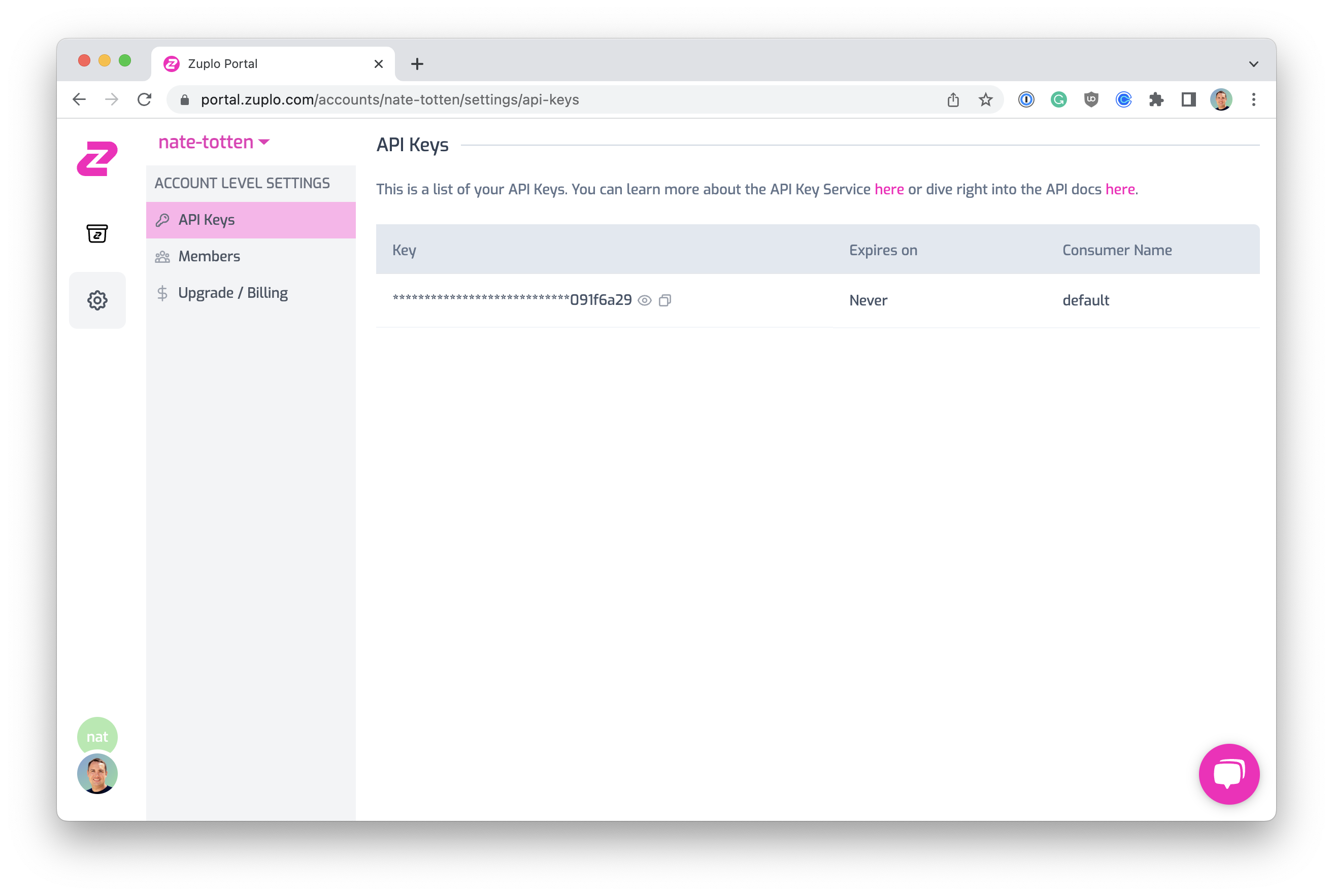Zuplo Changelog
We release improvements, new features, and fixes daily. Follow along here to see the most important updates.
Open API from ZuploContext
The context.route property on the
ZuploContext object now exposes the raw Open
API operation JSON for use in handlers or policies.
export async function myHandler(request: ZuploRequest, context: ZuploContext) {
const raw = context.route.raw();
return raw;
}Improved Policy Usage Visibility
The policy.json editor in the Zuplo Portal now shows when a policy is used
inside of a composite policy.

Additional Geolocation Properties
The incomingRequestProperties property on the
ZuploContext route now exposes several
additional values:
postalCode- Postal code of the incoming request, for example, "78701".metroCode- Metro code (DMA) of the incoming request, for example, "635".region- If known, the ISO 3166-2 name for the first level region associated with the IP address of the incoming request, for example, "Texas".regionCode- If known, the ISO 3166-2 code for the first-level region associated with the IP address of the incoming request, for example, "TX".timezone- Timezone of the incoming request, for example, "America/Chicago".
Account API Keys
API Keys for your Zuplo account can be created from the Zuplo Portal. These keys are used with the Zuplo CLI or the Zuplo Developer API.

String interpolated environment variables
When using environment variables in with string interpolation in routes.json
or your OpenAPI file, i.e. "option": "my-$env(ENV_VAR)-value" undefined
environment variables would result in the string "undefined" (Javascript's
result of ${undefined}). Instead undefined variables will now result in an
empty string.
Secure Tunnel Management
Secure Tunnels can now be managed using the Zuplo CLI or using the Developer API


